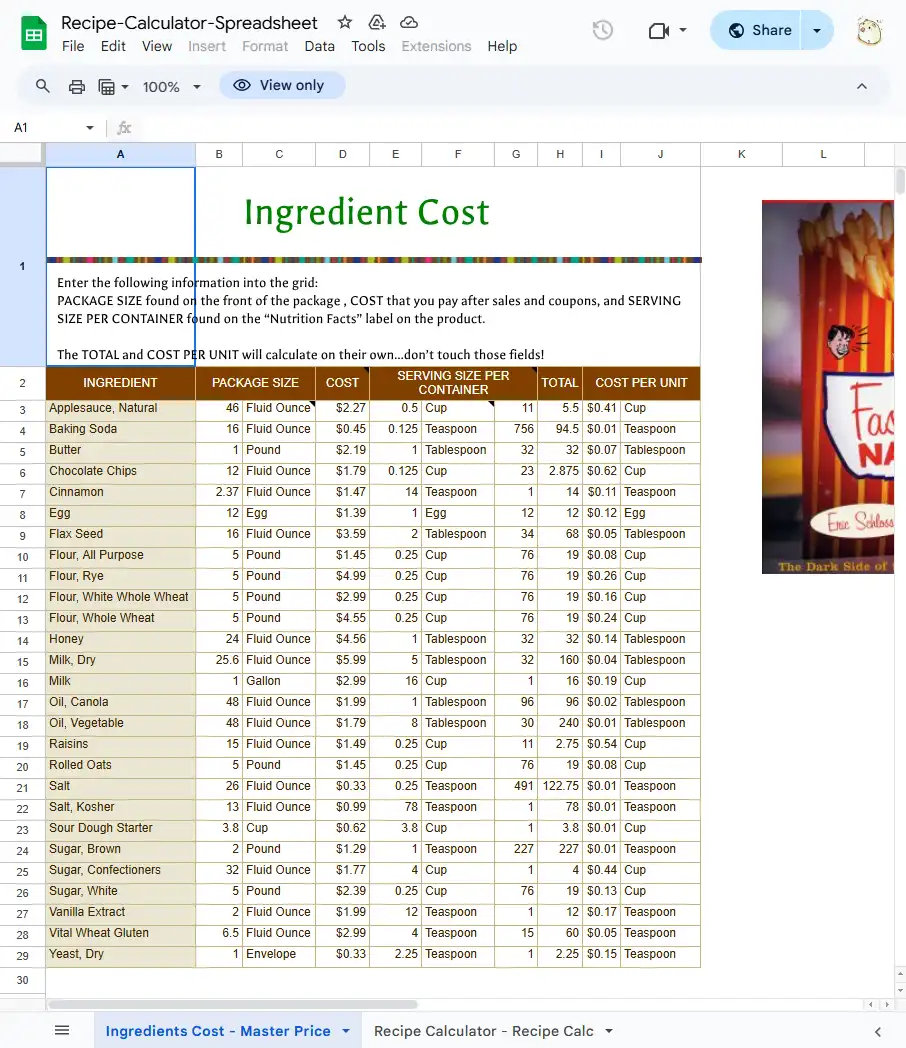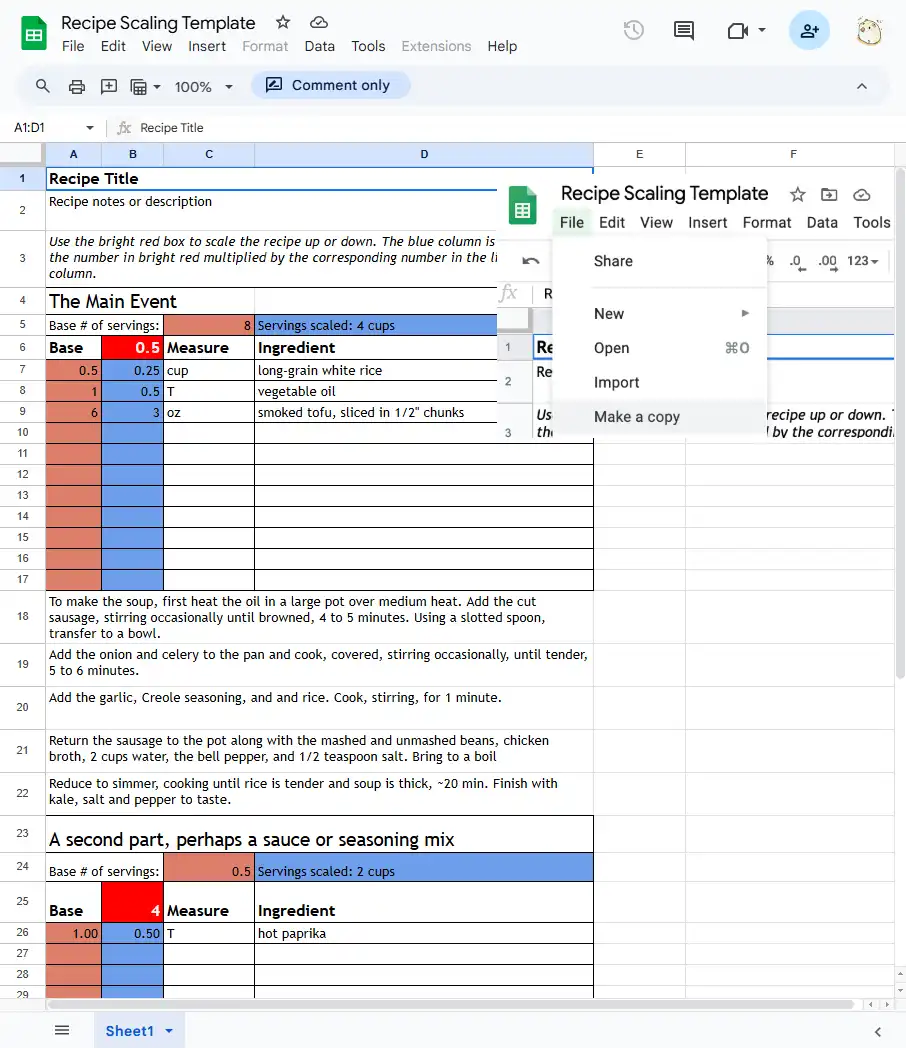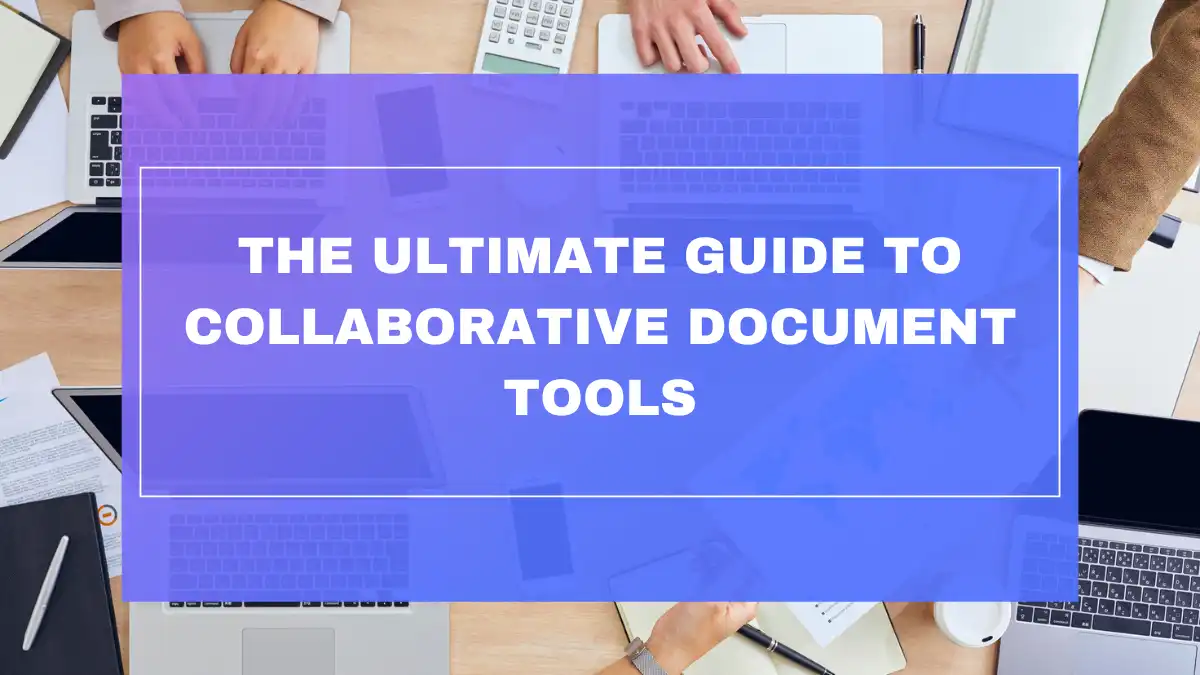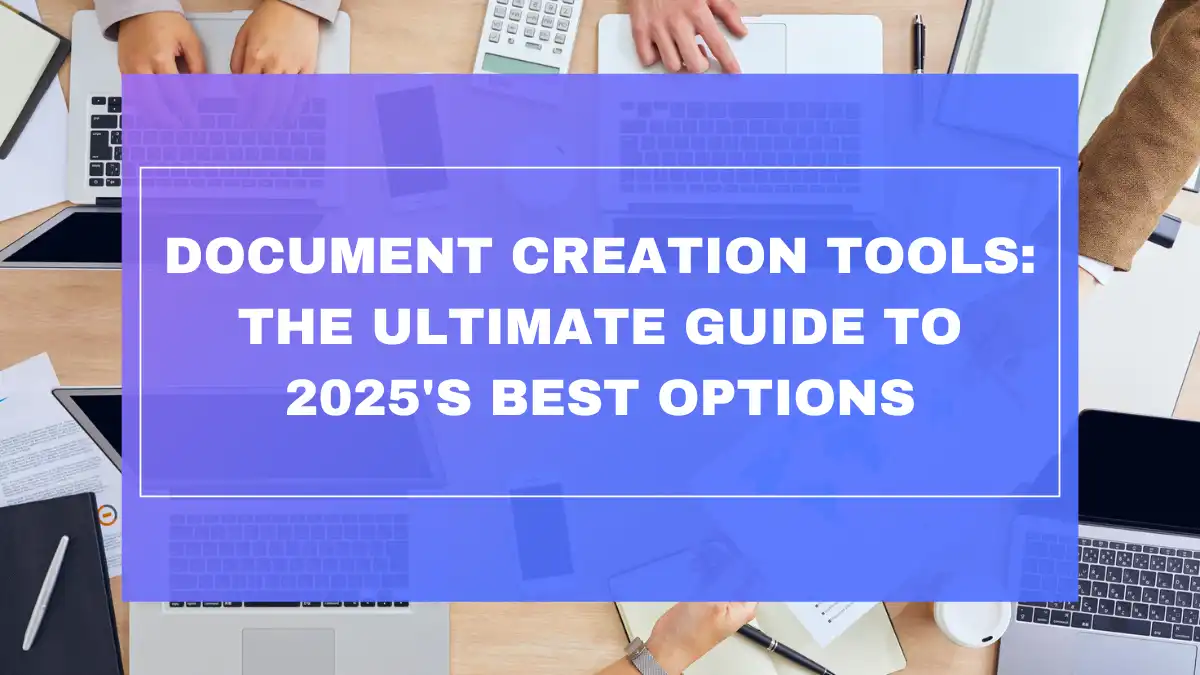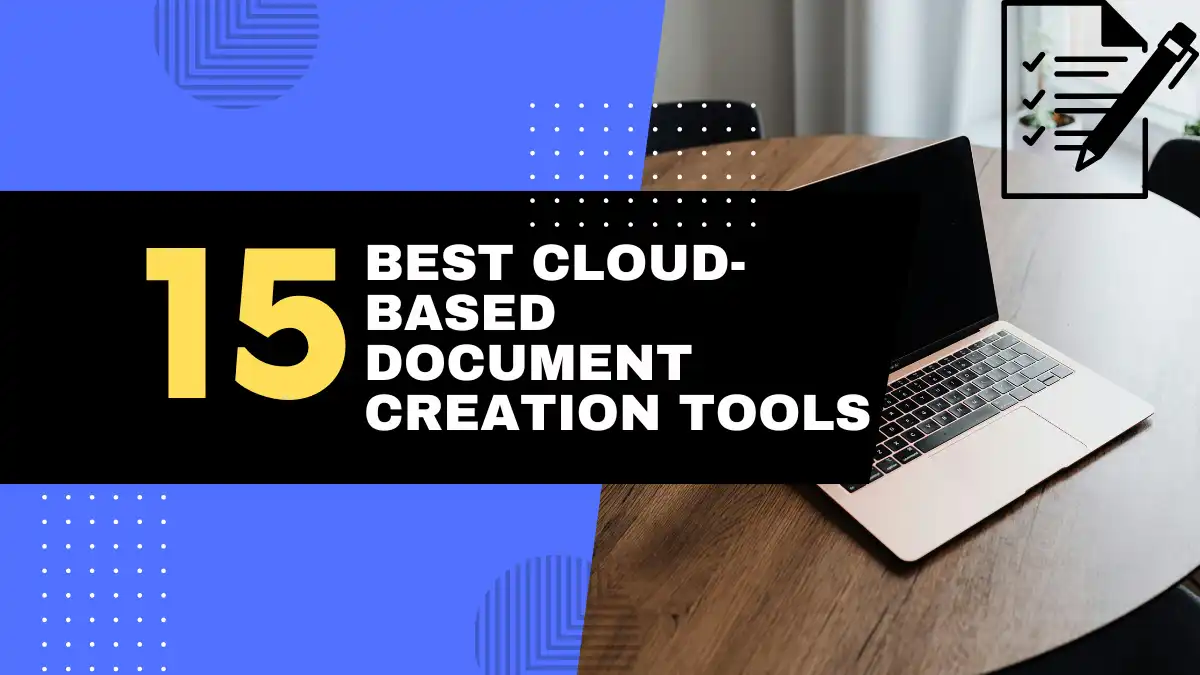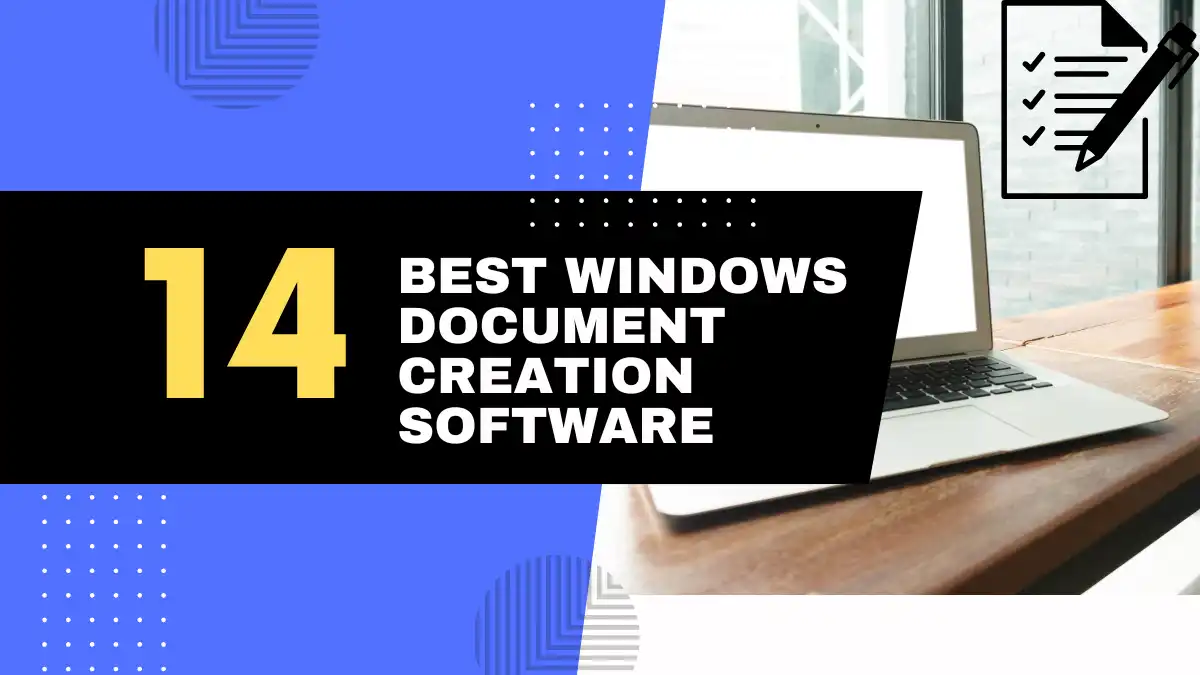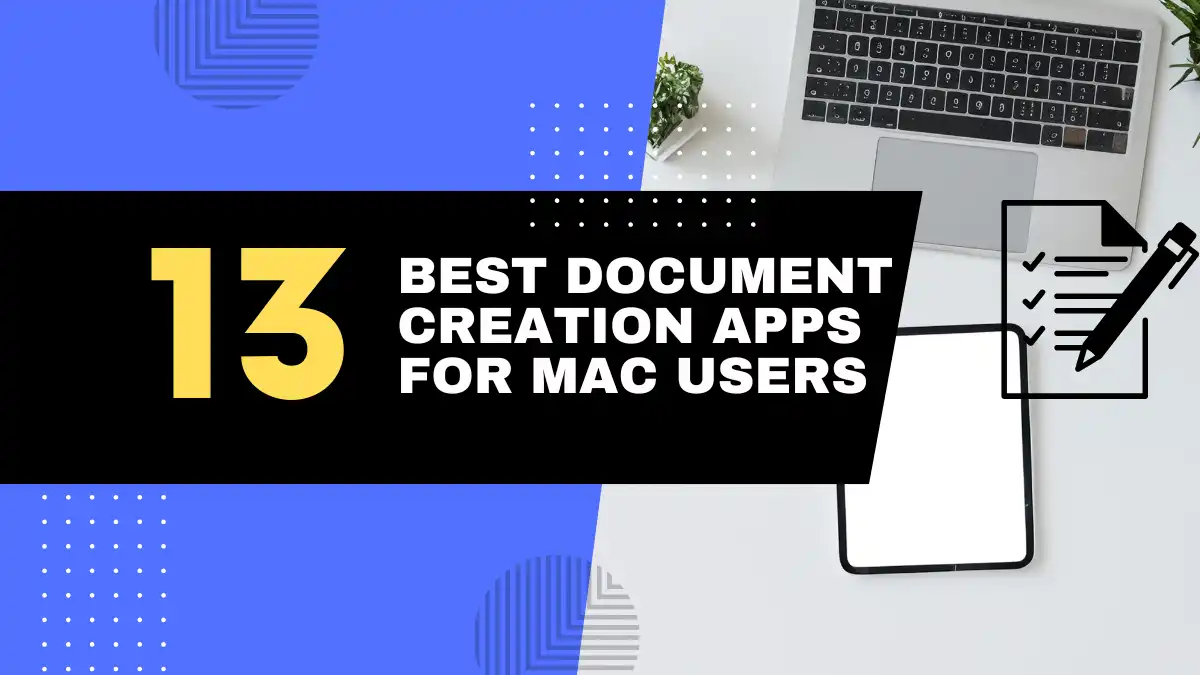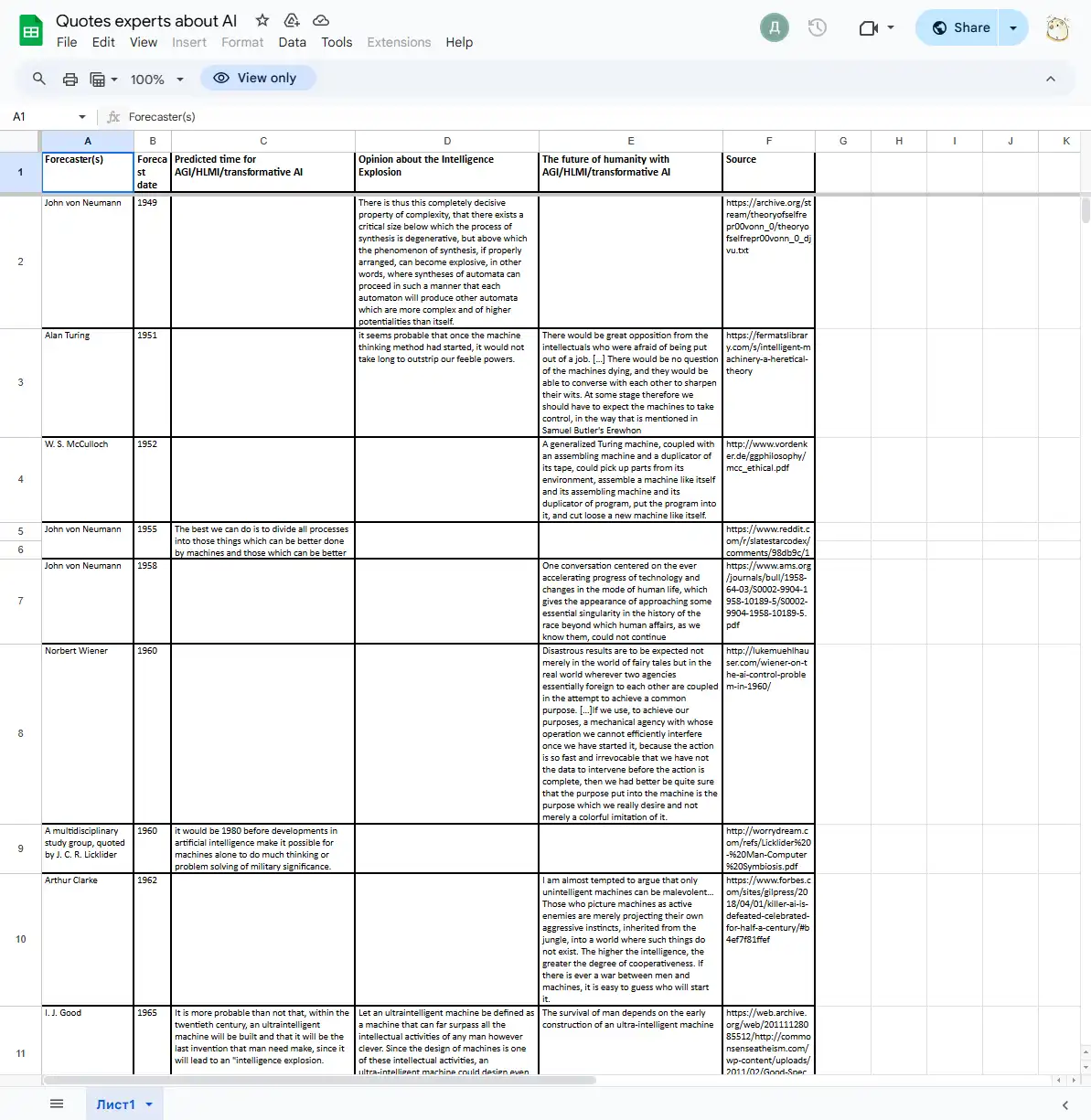
The document titled “Quotes Experts About AI” is a Google Spreadsheet that compiles a collection of quotations from various experts discussing artificial intelligence (AI).
Document Overview:
This spreadsheet presents a chronological compilation of expert opinions on AI, including:
- John von Neumann (1949): Discussed the critical complexity threshold in automata synthesis, indicating a point where machines could produce more complex versions of themselves.
- Alan Turing (1951): Speculated on the potential for machines to surpass human intelligence and the societal implications of such advancements.
- Norbert Wiener (1960): Warned about the risks of deploying autonomous machines without adequate human oversight, emphasizing the need for aligning machine objectives with human intentions.
- Arthur Clarke (1962): Argued that higher intelligence in machines would lead to greater cooperativeness, suggesting that conflicts between humans and machines would likely be initiated by humans.
- I. J. Good (1965): Introduced the concept of an “intelligence explosion,” where ultraintelligent machines could design even more advanced machines, potentially surpassing human intelligence.
Intended Audience:
This document is intended for researchers, students, and enthusiasts interested in the historical perspectives and evolving discourse on artificial intelligence.
Use Cases:
- Academic Research: Provides primary source material for studies on the development of AI thought and its societal implications.
- Educational Resource: Serves as a reference for educators and students exploring the history and philosophy of AI.
- Public Discourse: Offers insights into expert opinions that can inform discussions on the future of AI and its impact on society.
Document Evaluation:
The spreadsheet is a valuable repository of expert quotations, offering a historical lens through which to view the progression of AI thought. However, it could be enhanced by providing context for each quote, such as the source publication, the circumstances under which the statement was made, and its relevance to contemporary AI discussions. Additionally, including a more diverse range of expert opinions, especially from recent years, would provide a more comprehensive view of the current state of AI discourse.
Documents URL:
Copyright Notice:
This article is collected from internet information by Mika and manually written and organized. Unauthorized reproduction is prohibited.

